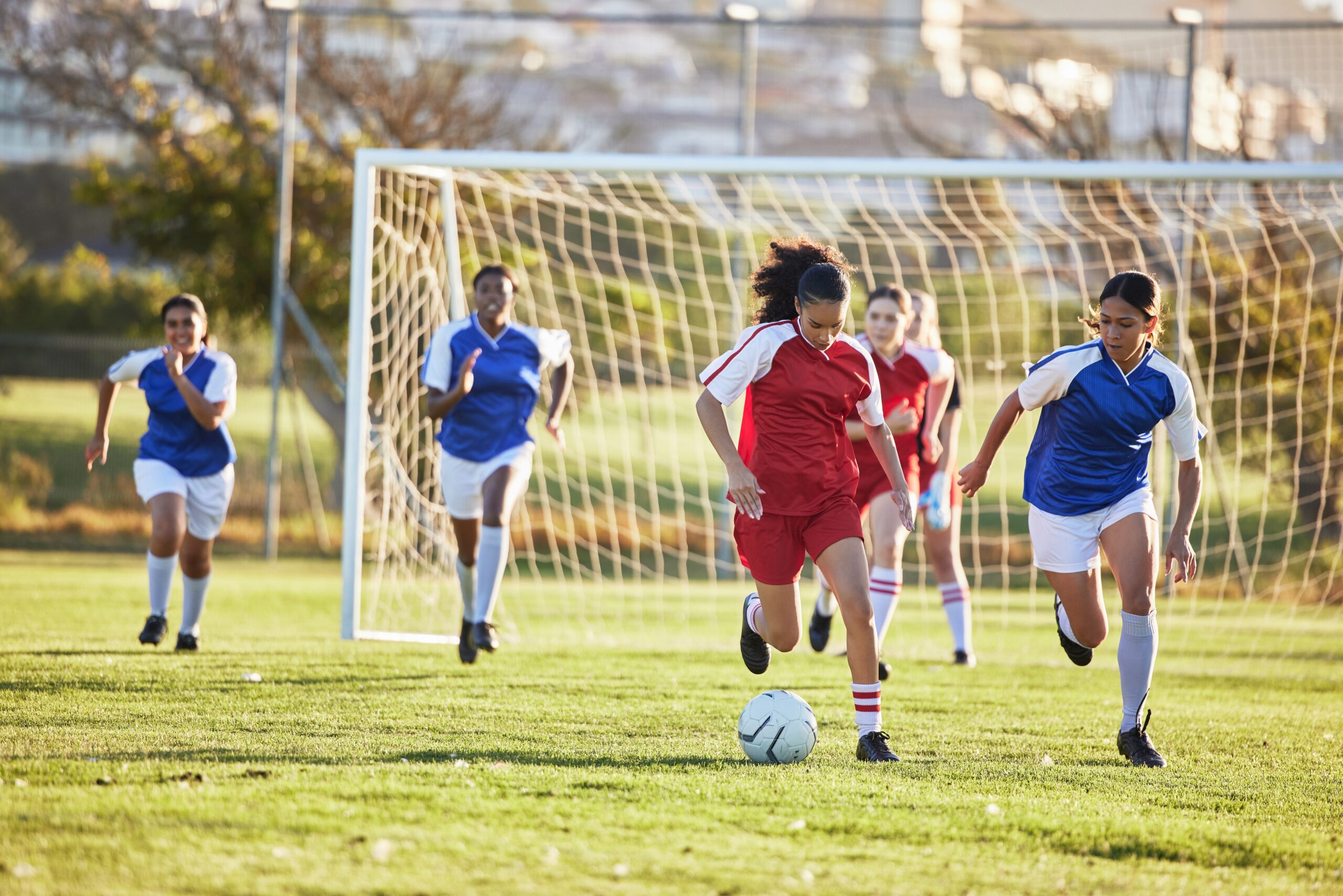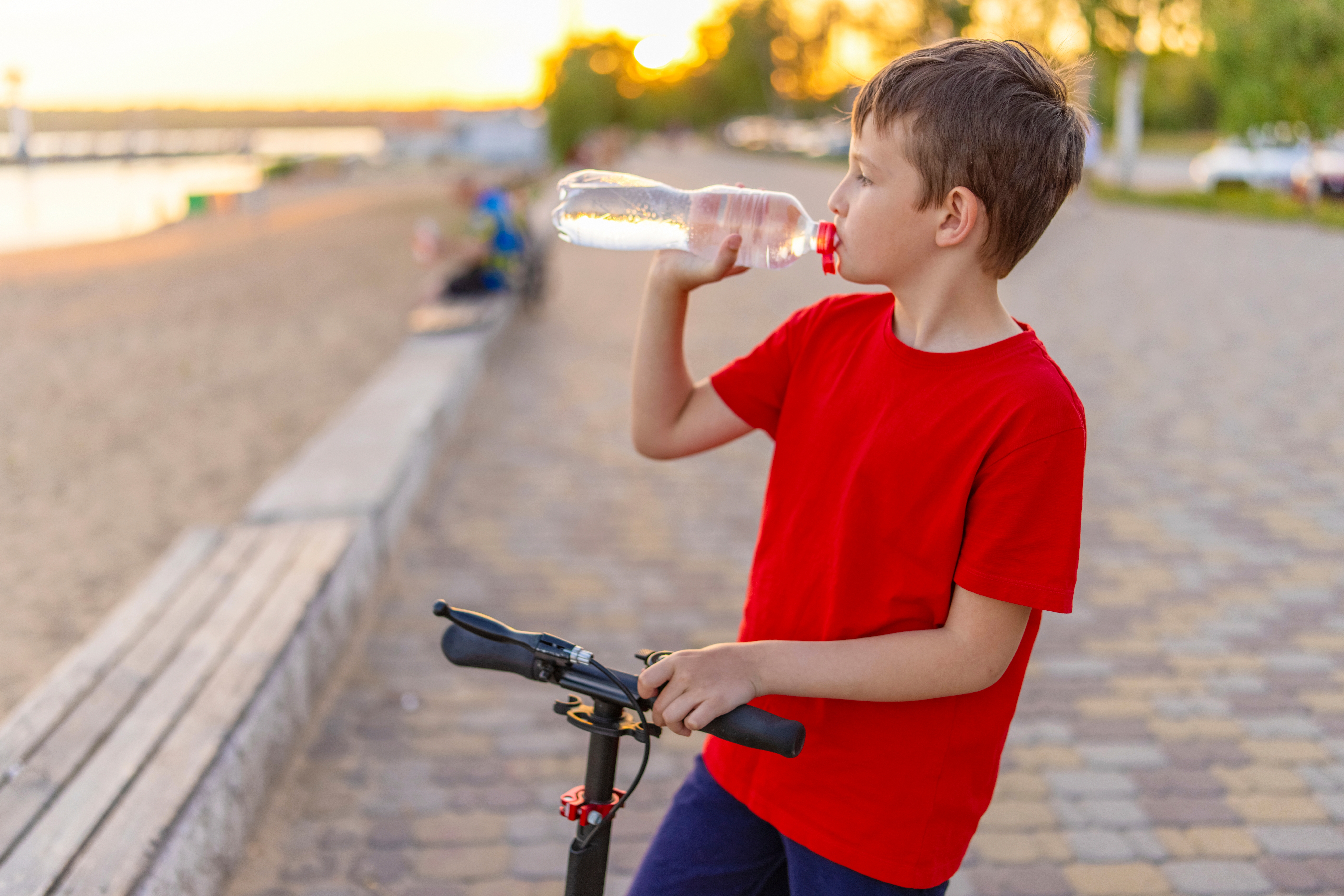The Power of Movement: Physical Activity for Kids
Children ages 3–5 should be physically active throughout the day, and kids aged 6–17 need at least 60 minutes per day of moderate- to vigorous-intensity physical activity, mostly aerobic. That’s the recommendation from both the American Academy of Pediatrics and the World Health Organization. Yet, studies show that approximately 80% of adolescents aren’t meeting these guidelines.
As parents and pediatricians, that means we have an opportunity—and a responsibility—to change the trend.
Why Physical Activity for Kids Is Crucial
Physical Health Benefits
- Helps maintain a healthy weight
- Strengthens bones, muscles, and joints
- Boosts cardiovascular health and endurance
Mental and Emotional Health
- Improves mood and reduces symptoms of anxiety or depression
- Provides an outlet for energy and stress
- Encourages better sleep

Social and Cognitive Skills
- Teaches teamwork, leadership, and communication
- Promotes self-confidence and resilience
- Supports cognitive development and focus in school
Life Skills Kids Learn Through Sports
Discipline and Commitment
Sports require structure and routine. Consistent practice helps kids develop self-discipline that can transfer to academics and relationships.
Goal Setting and Time Management
Whether training for a race or attending practices, managing time around physical activity helps kids learn planning and responsibility.
Resilience and Perseverance
Losing a game or facing a tough challenge builds the ability to bounce back, fostering emotional growth and inner strength.
Fair Play and Sportsmanship
Kids learn how to win—and lose—gracefully, while respecting others and following rules.
Don’t Forget Injury Prevention
While exercise is essential, safety matters:

- Stay hydrated with water or electrolyte beverages
- Stretch before and after activity
- Use appropriate safety gear (helmets, pads, etc.) for each sport
Encourage kids to listen to their bodies and rest when needed.
Physical Activity Beyond Team Sports
Not every child enjoys competitive sports—and that’s okay! The key is to find activities they enjoy. Try:
- Walking or hiking
- Dancing
- Riding bikes or scooters
- Bowling or golf
- Martial arts or swimming
As long as they’re moving and having fun, they’re getting the benefits!
How Parents Can Encourage Physical Activity for Kids
- Be a role model. Show your child that being active is a normal part of daily life.
- Make it fun! Family walks, dance parties, or backyard games go a long way.
- Set goals together. Help your child choose a daily or weekly movement goal they feel proud of.
- Limit screen time. Encourage active alternatives whenever possible.
Final Thought
Physical activity for kids is one of the best investments we can make in their long-term health, happiness, and success. Whether it’s organized sports or playful movement at home, 60 minutes a day can make a lifelong difference. Help your child discover what they love and make movement a joyful, regular part of life.



